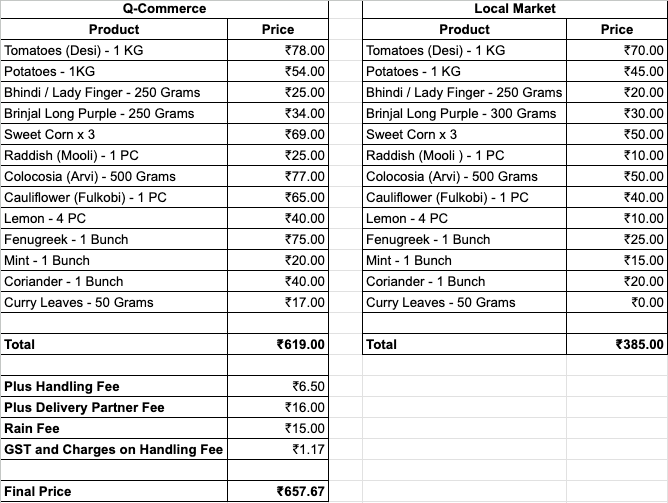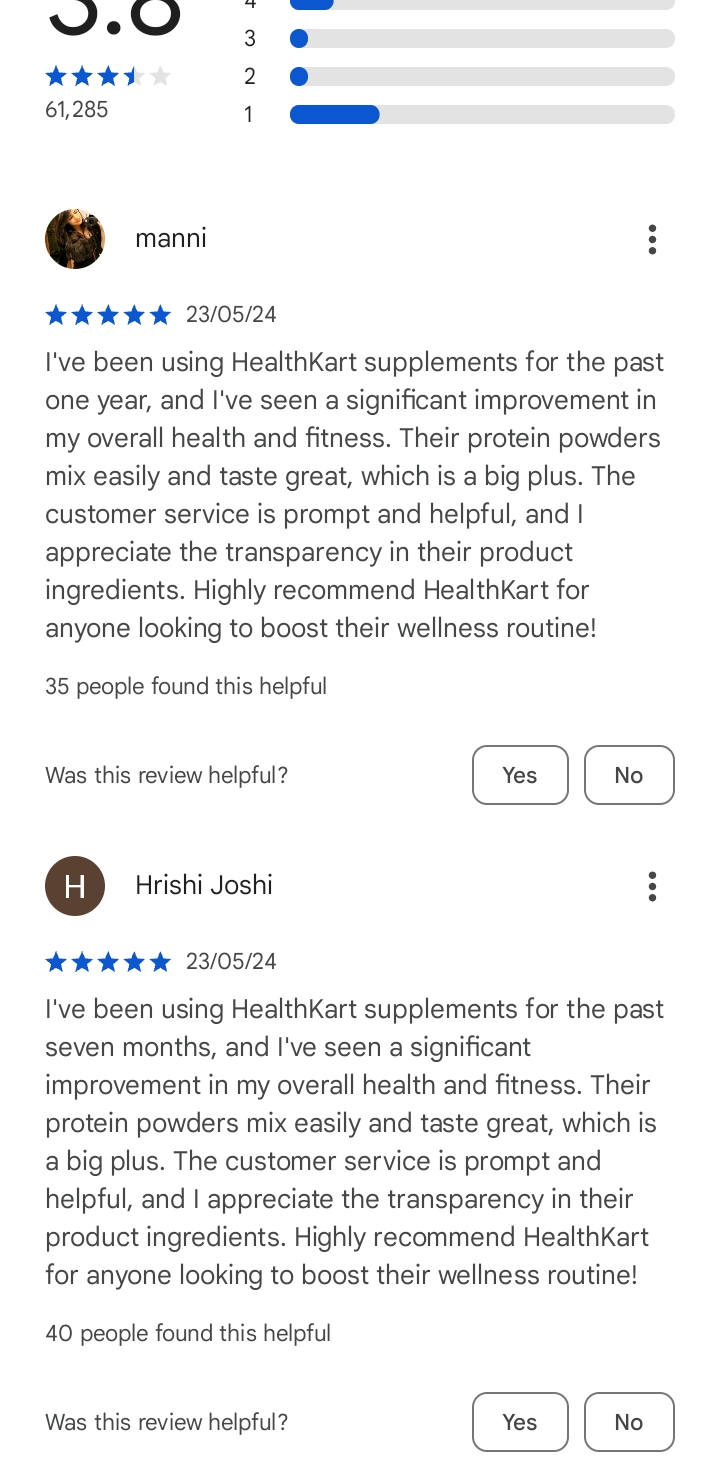Back
Replies (1)
More like this
Recommendations from Medial
PRIYANSH Shrivastava
Hey I am on Medial • 9m
Can we create a smart ambulance which will help tier 3 tier 4 cities to perfrom the main operation by providing the essential things required to give a proper operation with in the same ambulance. With ai and iot technology presented within the same
See MorePravar Rai
Out of my mind. Back... • 1y
Why do some companies make a turnover of 10cr whereas another company in the same sector makes 100cr?? Whats the difference between both of them if they both started at the same time have the same audience…what differentiates those big companies fr
See More

Anonymous
Hey I am on Medial • 1y
The new generation's reluctance to bargain is impacting small businesses in tier 2 cities. Shop owners expect negotiation hence they inflate prices, but when customers don't, they feel overcharged or deceived, leading to lost trust and repeat busines
See MoreDownload the medial app to read full posts, comements and news.




































